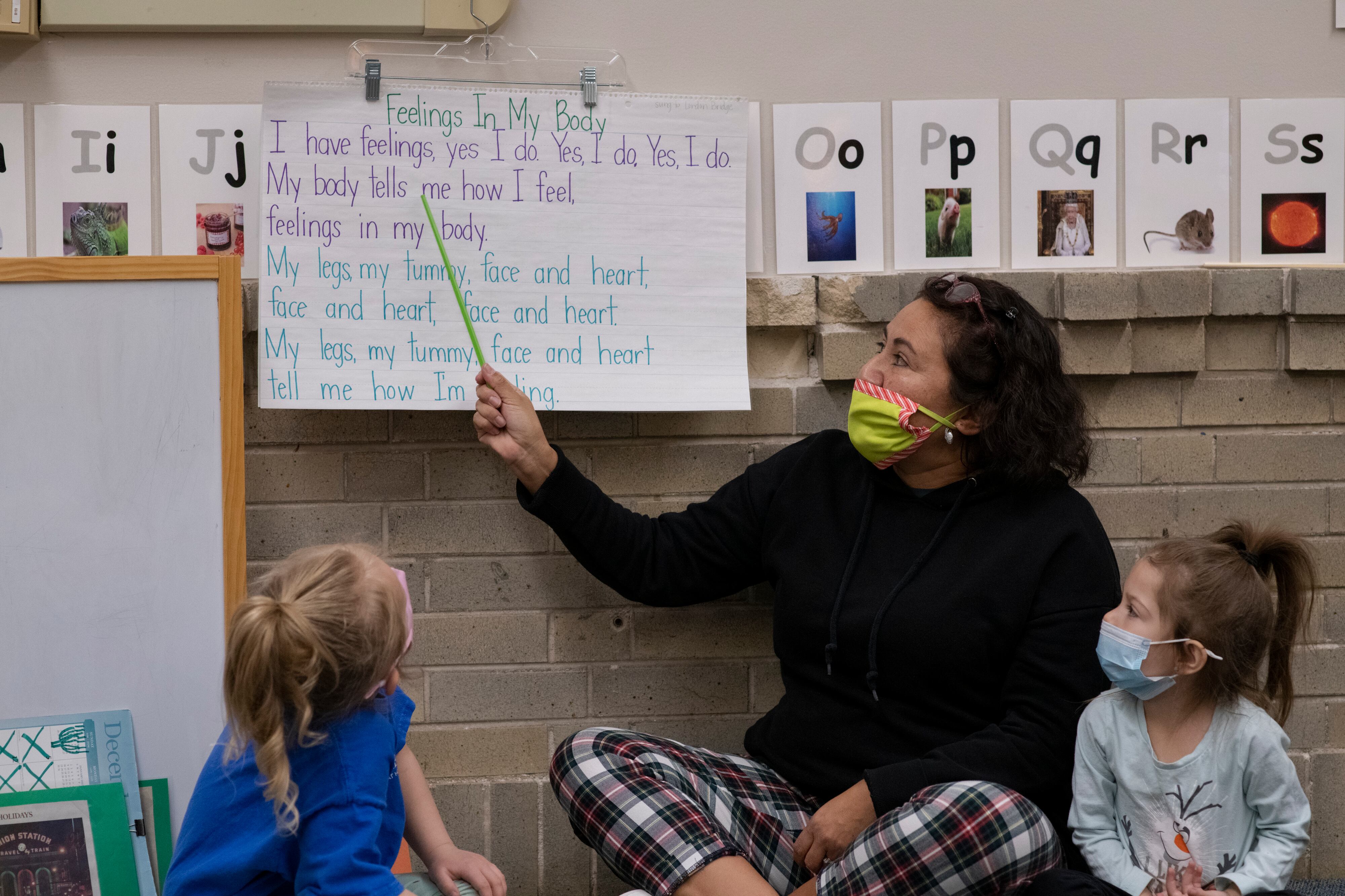The Denver school board Thursday partially reversed an earlier decision, returning control to the district’s semi-autonomous innovation schools over their school calendars, the structure of their school leadership teams, and other aspects of how the schools are run.
The 5-to-2 vote came three months after the board adopted a controversial policy requiring Denver’s 52 innovation schools to abide by the entire teachers union contract, as well as the state law that grants teachers Colorado’s version of tenure.
Under the revisions passed Thursday, innovation schools will still have to abide by the state tenure law. But the schools won’t have to follow the entire teachers union contract. Instead, some provisions will be mandatory and others will be flexible.
For example, it will be mandatory for innovation schools to pay their teachers according to the salary schedule in the contract. But schools will be able to start the year early or end it late.
The revisions came about because a majority of board members argued that the policy they passed in March had unintended consequences. While the goal of the policy was to strengthen job protections for teachers, some board members said they never meant to curtail the flexibilities that let innovation schools try new things and operate differently from traditional schools.
Board members said they didn’t realize the March policy would curtail innovation schools’ ability to set their own calendars, for example, until after the vote when district staff wrote a memo about the policy’s ramifications.
“We have to make sure we correct things that were an oversight for us when we first voted on this,” said board member Michelle Quattlebaum.
Quattlebaum joined board members Carrie Olson, Scott Esserman, Charmaine Lindsay, and board Vice President Tay Anderson in voting for the revisions. Board President Xóchitl “Sochi” Gaytán and member Scott Baldermann voted no. Gaytán and Baldermann were the architects of the original policy, while Anderson took the lead on drafting the revisions.
Enshrined in state law, innovation schools are district-run schools that can waive certain parts of the tenure law and teachers union contract. The March policy put limitations on those waivers, prohibiting Denver schools from seeking waivers to hire teachers on one-year contracts, for example, or paying teachers stipends to work extra hours.
Those waivers also won’t be allowed under the revised policy. Innovation school teachers will be able to earn “non-probationary status” after three years of effective performance evaluations, providing them job protections if they are laid off or due process if they are fired. They will have access to a mediator to help settle grievances. And if they work extra hours, they will be paid at a rate that meets or exceeds the hourly rate spelled out in the teachers contract.
The Denver Classroom Teachers Association supported the policy passed in March, while many innovation principals and parents opposed it, worried it would hamper the unique practices at their schools. Unlike when the board voted in March, there was no lengthy public comment session Thursday with educators and parents pressing the board on the pros and cons.
Much of the board discussion Thursday centered on the timing of the vote. A motion to postpone it until the end of the month failed. Some board members wanted to give the superintendent and teachers union more time to come to an agreement on which parts of the contract should be flexible and which should not. But a majority of board members said delaying the vote only would have delayed the uncertainty for innovation schools.
“Innovation schools deserve some resolution,” said board member Charmaine Lindsay, who was appointed last week to fill a vacant seat. Thursday’s meeting was her first on the board.
The policy will go into effect when innovation schools apply to renew their innovation plans. Nearly all Denver’s innovation schools — 49 of the 52 — are up for renewal in the 2022-23 school year.
Melanie Asmar is a senior reporter for Chalkbeat Colorado, covering Denver Public Schools. Contact Melanie at masmar@chalkbeat.org.






